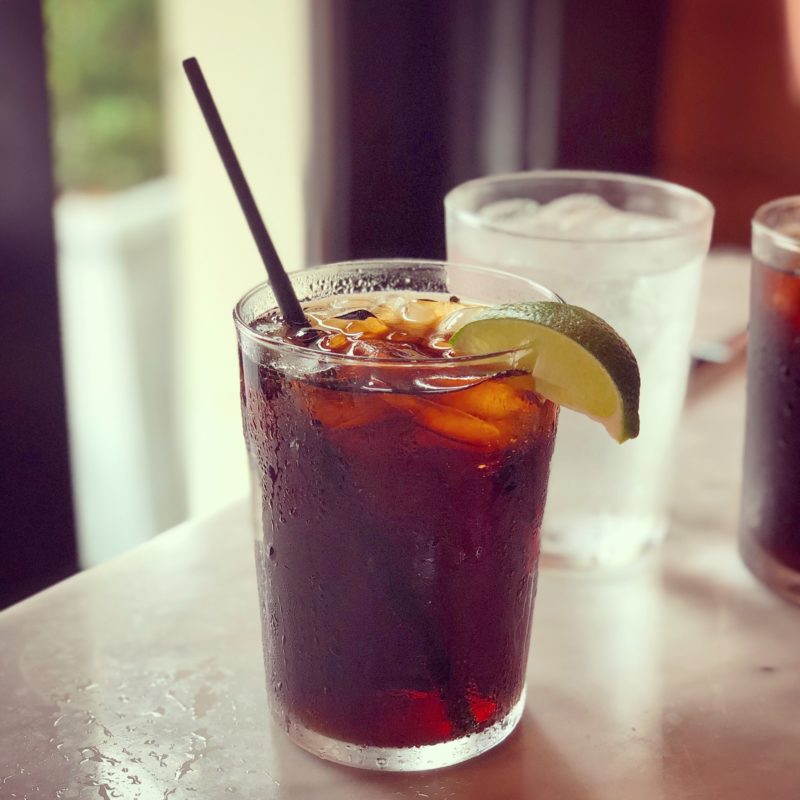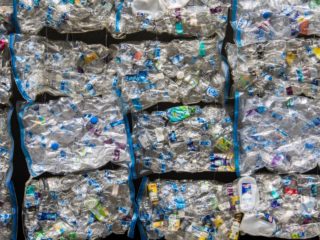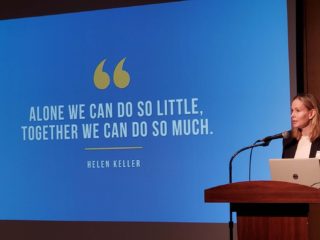Plastic straw pollution sucks! But what can we do about the problem?
Let me back up a little and delve briefly into plastic bags. In 2011, I spearheaded a reusable shopping bag initiative in my hometown, Rye, NY. It became the first law of its kind in our county. At the beginning, our intrepid group faced resistance from residents, shop owners, and legislators. To many, this new idea of banning plastic shopping bags seemed pointless, even economically destructive.
Nearly nine years later, Rye’s ban is still in place. Since then, numerous municipalities have passed their own plastic bag laws, some more comprehensive than ours. A few of these also include restrictions on plastic straw usage.
It has been incredibly gratifying for me to witness this flourishing of pollution-busting legislation. But, you may be asking, why do we need bans? And do they really work? Is legislation really the answer to plastic straw pollution, or plastic pollution, for that matter? All legitimate questions, so let’s go through these, and other common concerns that I’ve heard about how to tackle plastic straw pollution.
Are Plastic Straws Really a Pollution Problem?
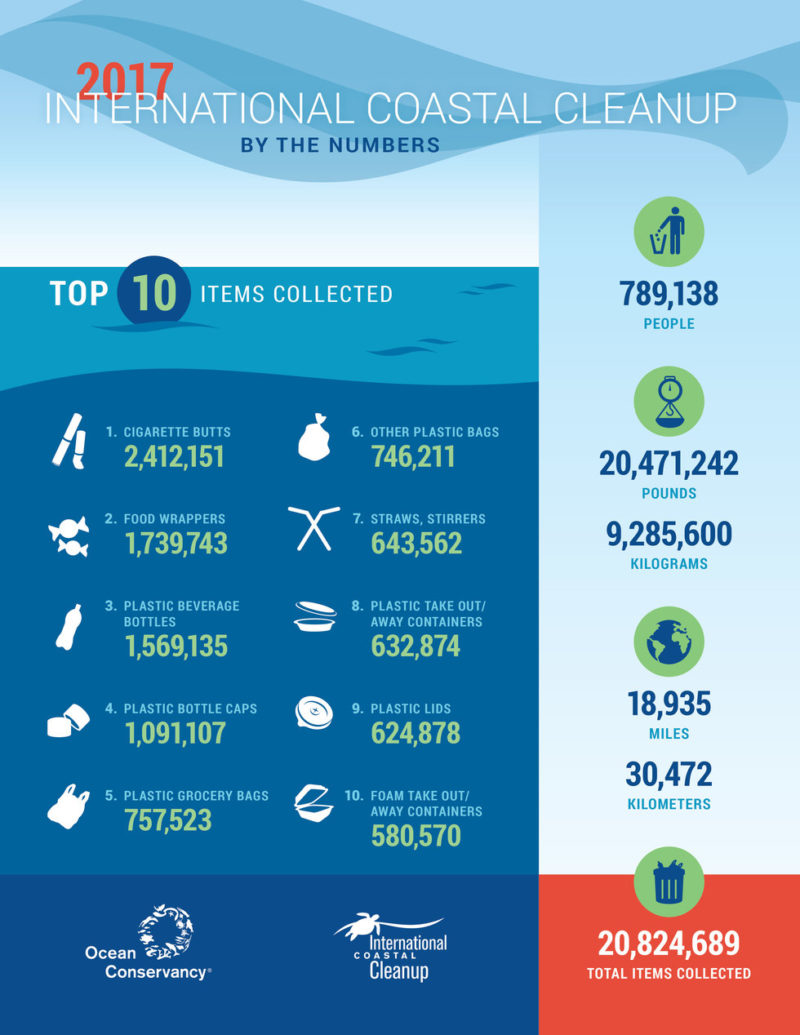
Are plastic straws really a pollution problem? The short answer: yes. The slightly longer answer: they’re a problem, but it’s true that they’re only one part of a much larger problem. There are other culprits in this ongoing battle with single-use trash.
So why target plastic straws? One main reason is they can’t be recycled. Although used for a brief period of time before tossed, plastic straws either end up in a landfill, incinerator, or worse, as litter. In fact, they’re one of the most common types of litter found on beaches. Inevitably, much of this plastic straw waste makes its way into waterways, where marine animals, mistaking it for food, can choke on the debris.
By all means we should focus on reducing all components of this lingering and unnecessary waste, but tackling plastic straw pollution is simple and effective.
Can’t We Educate Our Way Out of Plastic Straw Pollution?
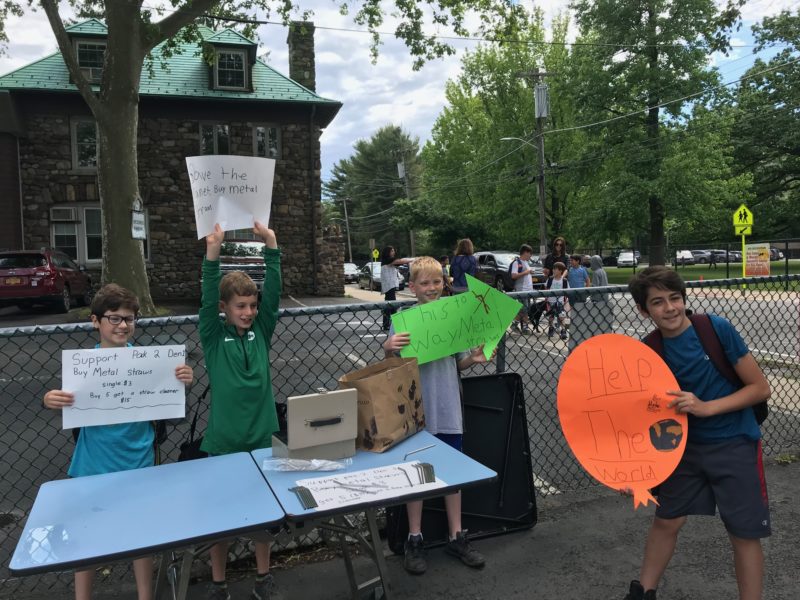
A Culture of Convenience
Education is an essential tool to raise awareness about single-use waste, including plastic straw pollution. What has also helped: voluntary reduction pledges made by individuals and businesses.
Unfortunately, all these voluntary initiatives aren’t enough. Part of the problem is that we’ve become a culture of convenience. We now expect a high level of convenience in every aspect of our lives.
I’ve certainly succumbed to the ease of a convenience lifestyle: instead of walking or biking the mile to town, I rely on the car. Instead of buying unwrapped lettuce, I’ll opt (too frequently, I must confess!) for the packaged, triple-washed version. My list of “convenience sins” is lengthy!
So, while education campaigns help, they aren’t enough to jolt us out of habits we consider part of everyday life. We’ve been acclimated, over decades, to expect–as indispensable–convenience services and goods that really aren’t necessary. It’s time to break the habit!
We Already Accept Restrictions on our Freedom for the “Greater Good”
Keep in mind that we, as members of a community, already accept regulations imposed on us every day: we’re not allowed to litter; we must recycle; we must use a seat belt. The type of plastic straw legislation that has been passed is similar to these types of laws and is effective when voluntary compliance hasn’t been enough.
What Kinds of Bans Are Out There?
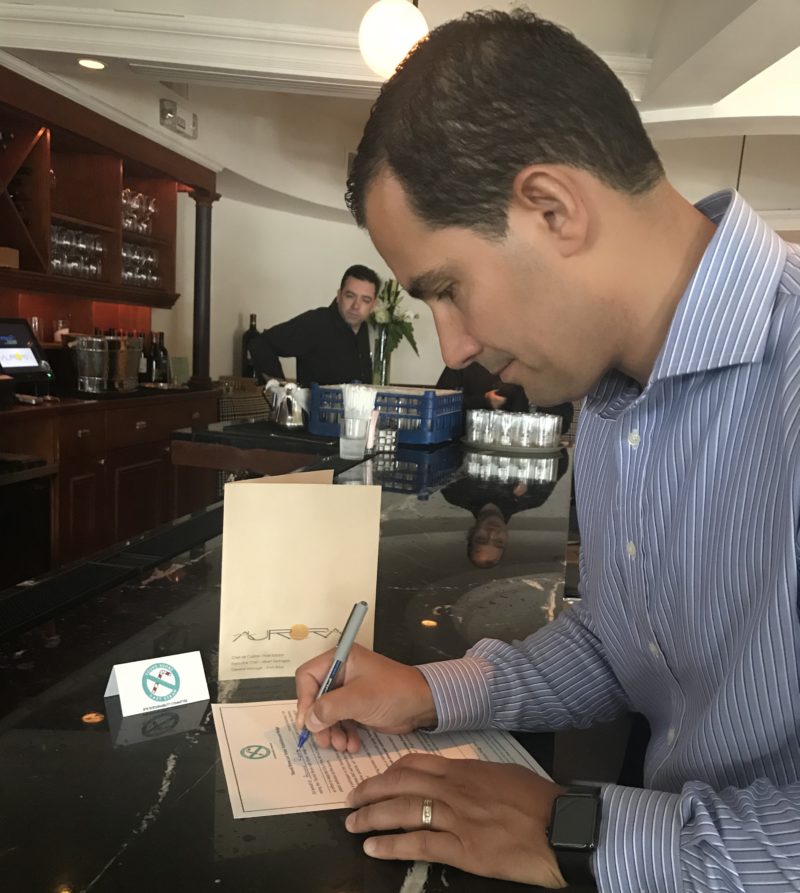
Legislative Action
The speed by which towns and states (even countries) are passing plastic straw laws is dizzying. Legislation ranges from outright bans to “straws on request” requirements for food service establishments.
This list is by no means exhaustive, but it’ll give you a sense of what’s been passed and what’s in the pipeline:
- Seattle, WA, became the first U.S. city in 2018 to ban plastic straws and all plastic utensils from businesses.
- Suffolk County, NY, banned plastic straws and Styrofoam containers, beginning in 2020.
- Vermont’s ban, which covers virtually all single-use plastics, is the most comprehensive in the nation. It goes into effect in 2020.
- California, the first state to ban plastic bags, became the first state to ban plastic straws.
- United Kingdom will ban all single-use plastics by April 2020.
- In the pipeline: New York City; Troy, NY; and Albany, NY legislatures are considering bans on plastic straws and other single-use plastics.
Corporate Bans and Pledges
A number of food establishments and corporations have instituted bans or “straws on request” commitments. A few of the most recent announcements include:
- McDonald’s will ban plastic straws in U.K. and Ireland restaurants.
- Bon Appétit Management, a major U.S. food-service company with eateries at college campuses, museums, and other institutions, has banned plastic straws and stirrers at all of its more than 1,000 locations in 33 states.
- Starbucks will phase out plastic straws by 2020.
- Alaska Airlines will phase out plastic straws and stirrers.
Does Legislation Work?
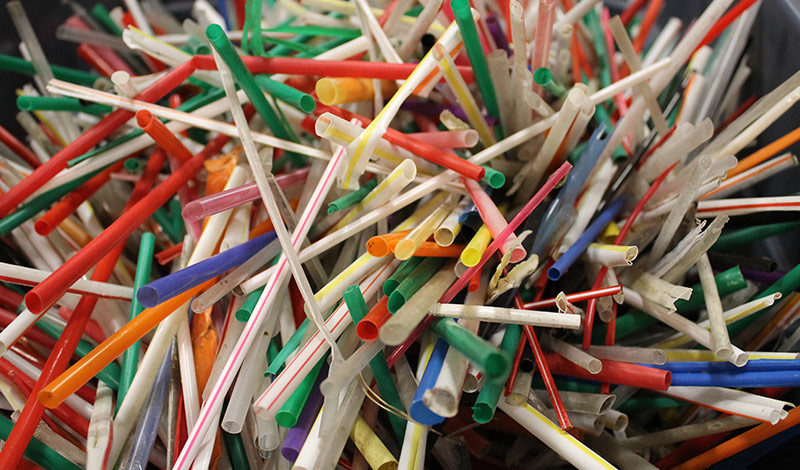
The key to effective legislation, in my opinion, is that it needs to be part of a package of measures all designed to change individual and community norms. So, just as education campaigns aren’t the only solution, laws are only effective if they’re considered part of a broader campaign to reduce our dependence on single-use disposable items.
Legislation Inspires Others to Take Action
Just like our Rye City plastic bag ban inspired other communities to pass their own legislation, plastic straw laws are empowering local and state governments to push through their own measures.
In addition to legislative action, local businesses have jumped in to announce their own restrictions. There’s a pride associated with making a change that benefits both the community and its environment. I’ve witnessed this countless number of times among Rye residents and business owners as they declare Rye a town committed to waste reduction and sustainability.
As this snowballing effect of legislation occurs, more people, communities, and larger corporations take notice. Think of these localized actions as opening the door to more fundamental shifts in society and in the corporate world.
Legislation Gets to the Root of the Waste Problem
Remember that plastic straw pollution is only one part of this waste crisis. Over 150 million metric tons of plastic saturate our oceans. The main problem is that this stuff keeps getting made and we keep buying it! The key is to target source reduction. Bans accomplish this task more effectively than education or recycling campaigns.
Laws Give Power to the People
When you demonstrate your support for a legislator who sponsors a plastic straw reduction law, you’re part of the process. That lawmaker represents you and your efforts to combat pollution and single-use waste. That can (and should be!) empowering, knowing that you’re engaged in a collective effort to make a change.
Won’t Plastic Straw Laws Hurt My Quality of Life?

No! There are so many reusable alternatives to plastic straws. You’re correct that there’s a bit of an inconvenience factor in washing and caring for reusable straws, but it’s minimal, particularly if you decide, most of the time, to forgo straw usage!
For those where plastic straws are a necessity, current laws account for these considerations by including exemptions where needed.

